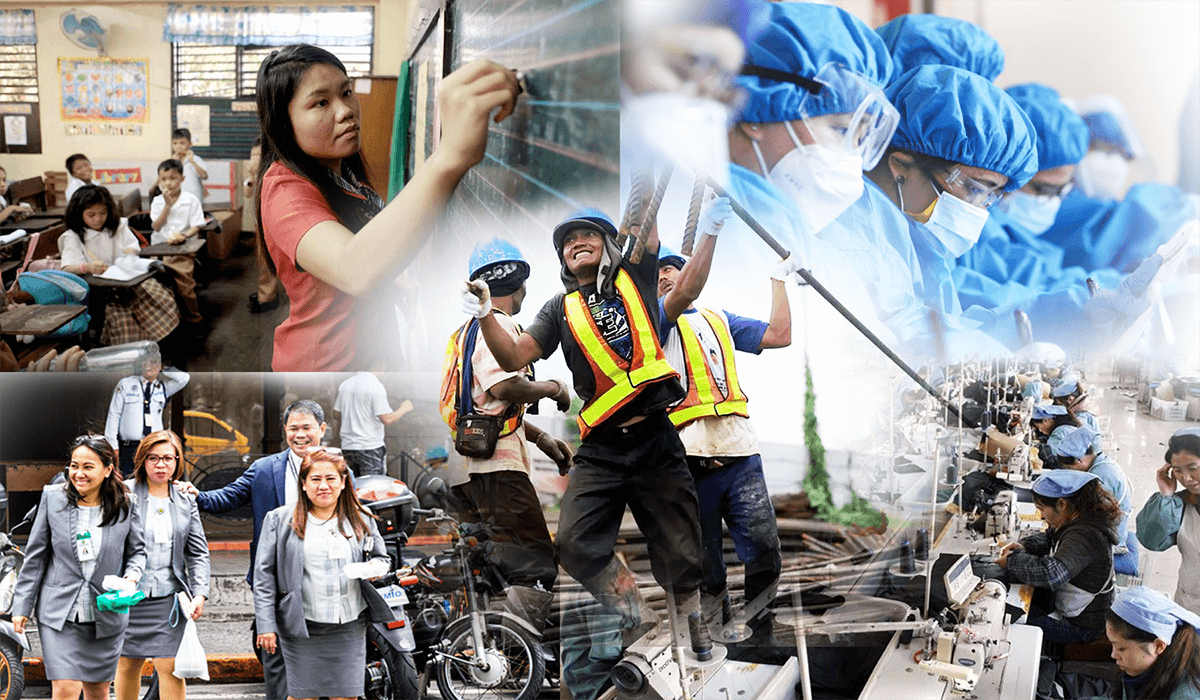Labor Day
Labor Day is an annual celebration of workers and their achievements, originated during one of American labor history’s most dismal chapters. The typical American worked 12-hour days and seven-day weeks in the late 1800s, at the height of the Industrial Revolution in the United States, in order to make a meager livelihood. Children as young as 5 or 6 worked in mills, factories, and mines across the nation despite limitations in certain states, earning only a small portion of what their adult colleagues did. "Araw ng mga Manggagawa" is how it is referred to in Filipino. In the Philippines, people unwind and spend the day with their loved ones. Labor movements and parades are a component of the festivities in Malacanang (the former American Governor's mansion, now the Presidential palace), as well as in significant cities like Manila. Their complaints, which include the minimum wage, cruel working conditions, and other problems that impair employee rights, are brought to light by these activities. On this day, every diligent Filipino is honored, regardless of their line of work.
Every country has a different history and genesis tale for Labor Day. We understand that the worker only makes the minimum wage by selling his own labor. The reason why International Labor Day is observed everywhere. It's also time to honor those who spoke up for workers' rights and ushered in reforms. The workers only acquired their legal rights as a result of a few people who approached and persuaded others to follow suit. We ought to respect people from all walks of life and recognize their dedication to the public.



Comments
Post a Comment